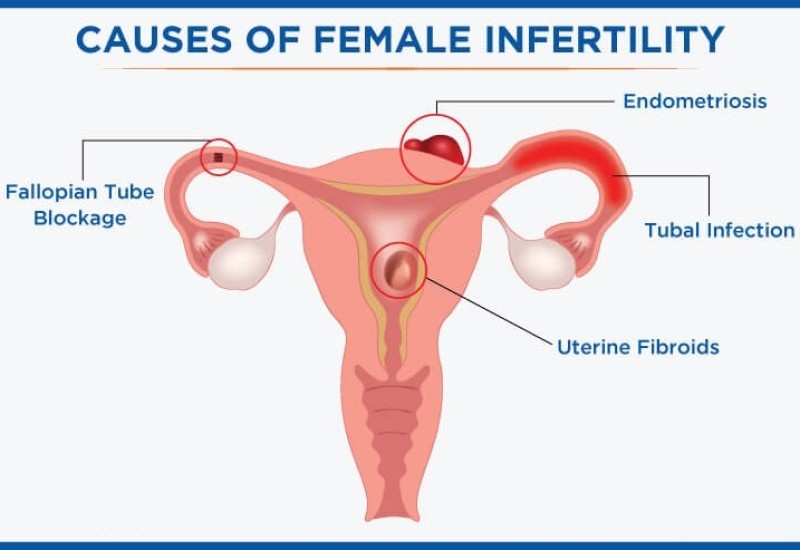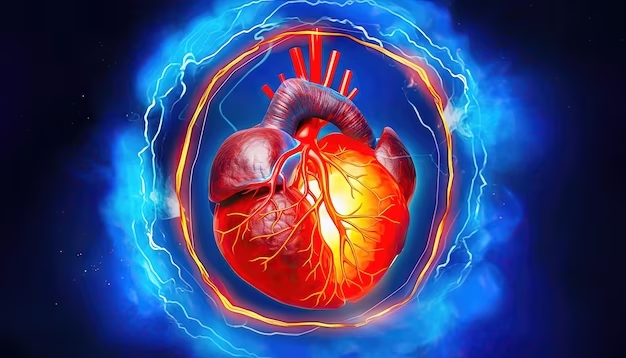If you want to build muscle, you’ve come to the right place! Here are some tips on how to get results without wasting time or injuring yourself.
Eat a balanced diet.
It would be best if you ate a balanced diet. You can build muscles by eating a lot of food and lose weight by eating less. The key is making sure you are getting enough protein in your diet. Some tips for this are:
- Eat lean meats, fish and poultry at least twice a day.
- Add more beans, peas and lentils to your meals for extra protein.
- Use nuts as snacks instead of chips or candy bars when you’re hungry between meals.
Monitor your protein intake.
It’s essential to eat enough protein, either by consuming protein powder plant based or pulses. Protein is essential for growing muscle, and if you don’t eat enough of it, your body won’t be able to repair or add new muscle tissue. The recommended daily allowance (RDA) for protein is 0.8 grams per kilogram of body weight daily. For example, if you’re a 60-year-old woman who weighs 135 pounds and isn’t very active, your RDA would be about 54 grams of protein daily on average.
To build muscle effectively, consider working with a trainer.
It would be best if you considered working with a trainer. A good trainer can help you set goals, learn proper form, ensure you’re not overtraining, and ensure that your diet is on track. Many are also trained in nutrition and will be able to guide you on the best protein powder plant-based or supplements. They also advise about what to eat and when to eat it. Trainers also can keep clients motivated throughout their workouts—especially important for those who tend toward slacking off or being lazy in their exercise routine.
With all these benefits of having a trainer (and others), it’s no wonder many people choose this option!
Get plenty of rest.
If you want to build muscle, then you need to get plenty of rest.
Sleep is critical for optimal muscle growth. When you are asleep, and your body is recovering from the stress of being awake, it uses the nutrients you have eaten and restores them to your muscles. This process helps increase their size and strength and gives them a physical break from all their hard work during the day. The more that someone sleeps, the better they recover from exercise, leading to more significant muscle mass gains over time!
Use your muscles, even when you’re at rest.
When you’re not working out, use your muscles. The ‘use it or lose it’ adage is very true—if you don’t move around and use your muscles, they will become weaker. This is why people who don’t exercise often find themselves unable to walk up stairs or even stand for long periods without getting tired. Being idle for too long can lead to muscle atrophy, which can turn into permanent damage if left untreated!
Work out at the right intensity and amount.
The most important aspect of building muscles is working out at the right intensity and amount. The intensity level can be high or low, depending on your workout plan, but it’s important to note that if you’re working out at a low-intensity level for too long, you won’t see any results. Similarly, suppose you’re training with high intensity over an extended period without giving your body time to rest and recover from all that physical activity. In that case, your muscles will eventually become weaker rather than stronger.
Consider taking supplements, but always exercise caution before starting any new supplement regimen.
Supplements can help build muscle. They are not a substitute for good nutrition, but they can help you get the nutrients you need to build muscle, recover from training more quickly and even build muscle faster.
Supplements often contain vitamins, minerals and other nutrients your body may need to get more of in your diet. For example, A deficiency of calcium could lead to osteoporosis which makes bones more brittle and prone to breaking; magnesium is needed for bone health; iron helps carry oxygen around the body, so muscles function correctly; vitamin D helps build strong bones and muscles; omega-3 fatty acids help maintain healthy cholesterol levels (which helps control inflammation).
You can be something other than a bodybuilder or even enjoy working out to benefit from building muscle. There are countless ways to build muscle that don’t require you to lift weights at all. By learning about what it takes to build muscle and how your strengths can be made stronger, you will be well on your way towards reaching your fitness goals!







